Organ donation vote: ‘Silence cannot be interpreted as consent’
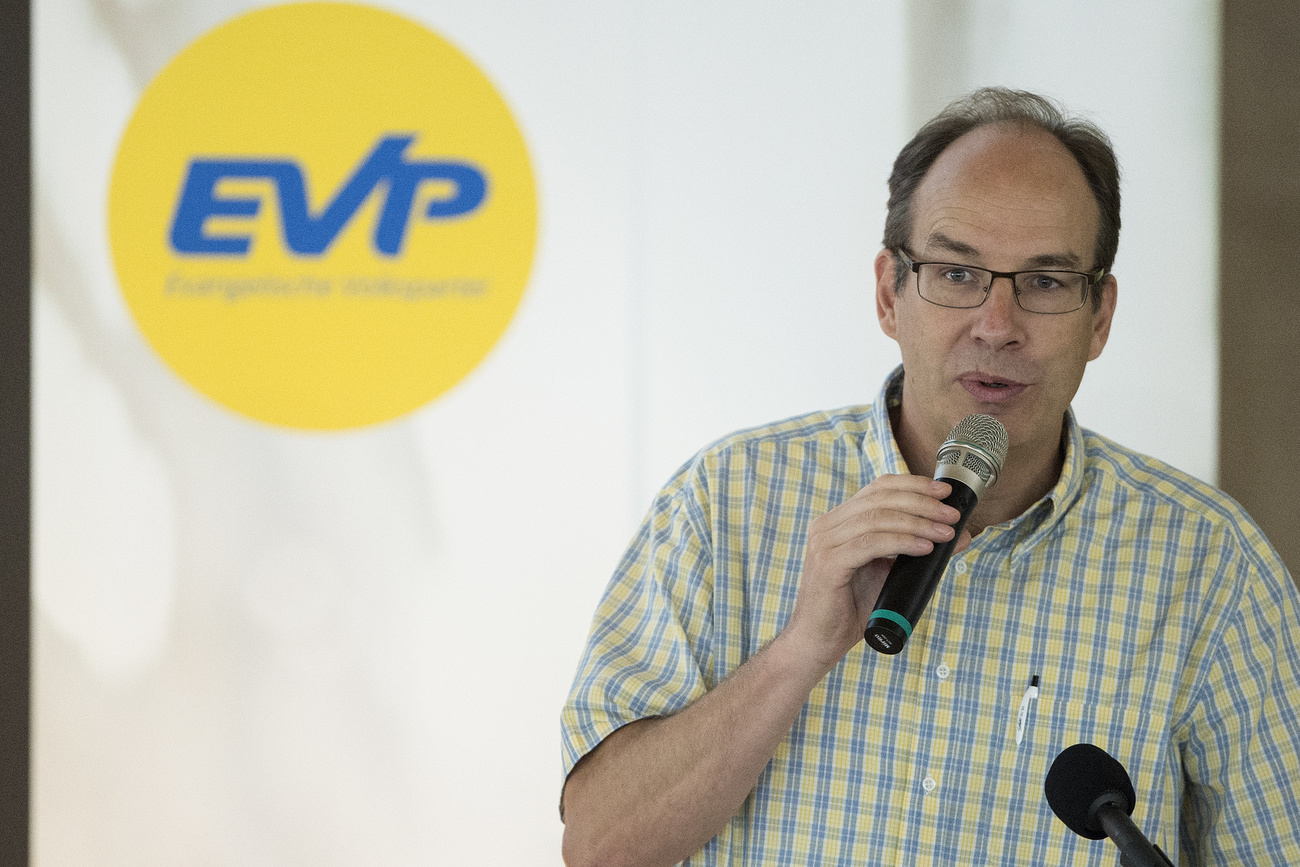
Presuming that people want to donate their organs unless they say otherwise will not necessarily result in more donations, says François Bachmann, a member of the committee that has challenged the issue to a national vote next month.
Bachmann, vice-president of the Swiss Protestant Party, believes the government’s solution to the organ shortage will lead to organs being taken from people who would not have wanted this.
Explicit vs presumed consent
The rate of organ donation in Switzerland is lower than in many European countries. Almost 1,500 people are waiting for a transplant and the list is getting longer. Their survival depends on getting an organ.
As things stand in Switzerland, a person has to give explicit consent before they die for their organs to be used after their death. However, this system is not generating enough donors.
To solve this problem, in October parliament adopted the principle of “presumed consent”: if a person does not wish to donate their organs, they have to say so explicitly during their lifetime.
This amendment to the transplantation law has been challenged to a nationwide referendum, which takes place on May 15.
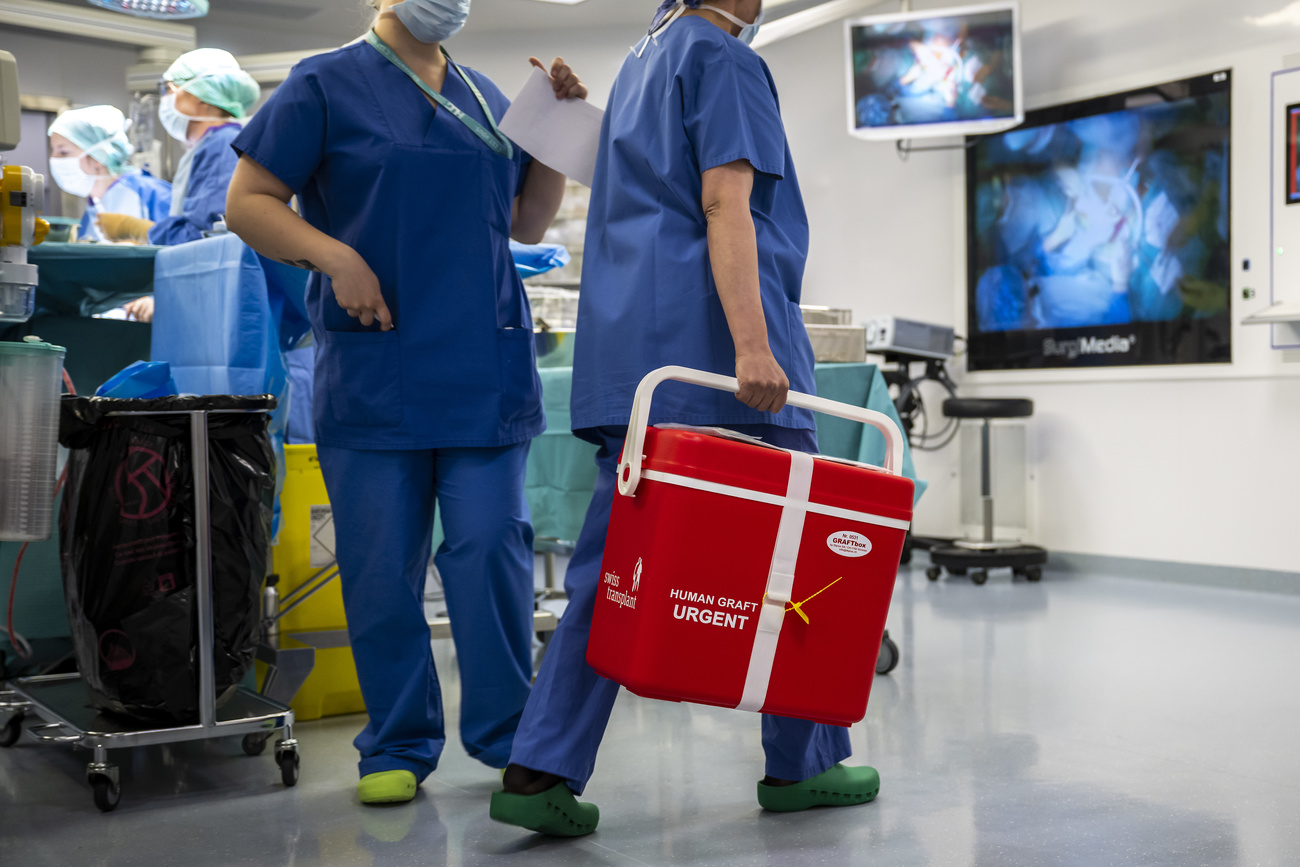
More
Explicit vs presumed consent: the Swiss referendum on organ donation
SWI swissinfo.ch: Why are you against the presumed consent model for organ donation?
François Bachmann: For this model to be adopted, everyone would need to be informed. If this is not the case, when it comes to organ donation, we cannot interpret silence as consent. We would then be moving on from organ donation with free consent to a sort of transfer-of-ownership model where the state has a right to your organs. That goes against our constitution, which guarantees the physical and mental integrity of the person. For there to be any intervention in your body, you have to give explicit consent. This is an inalienable human right, which should also apply to human beings when they are dead. We now seem to be encroaching on this right just because we need organs. Our committee opposes that.
SWI: The government intends to set up a national register so that everyone can easily express their view regarding organ donation. It will also organise information campaigns. Will this not be enough to avoid any vague situations?
F.B.: Swisstransplant, the national foundation for donation and transplantation of organs, already has such a register. In January, however, it had to admit that the process for data control was unreliable [Swisstransplant is now subject of an investigation]. What’s more, it’s a complex and costly business to inform everyone and to explain to people that if they are unwilling to donate their organs they need to register. With presumed consent, organs are going to be extracted from people who did not want this, because they had not come forward and said no.
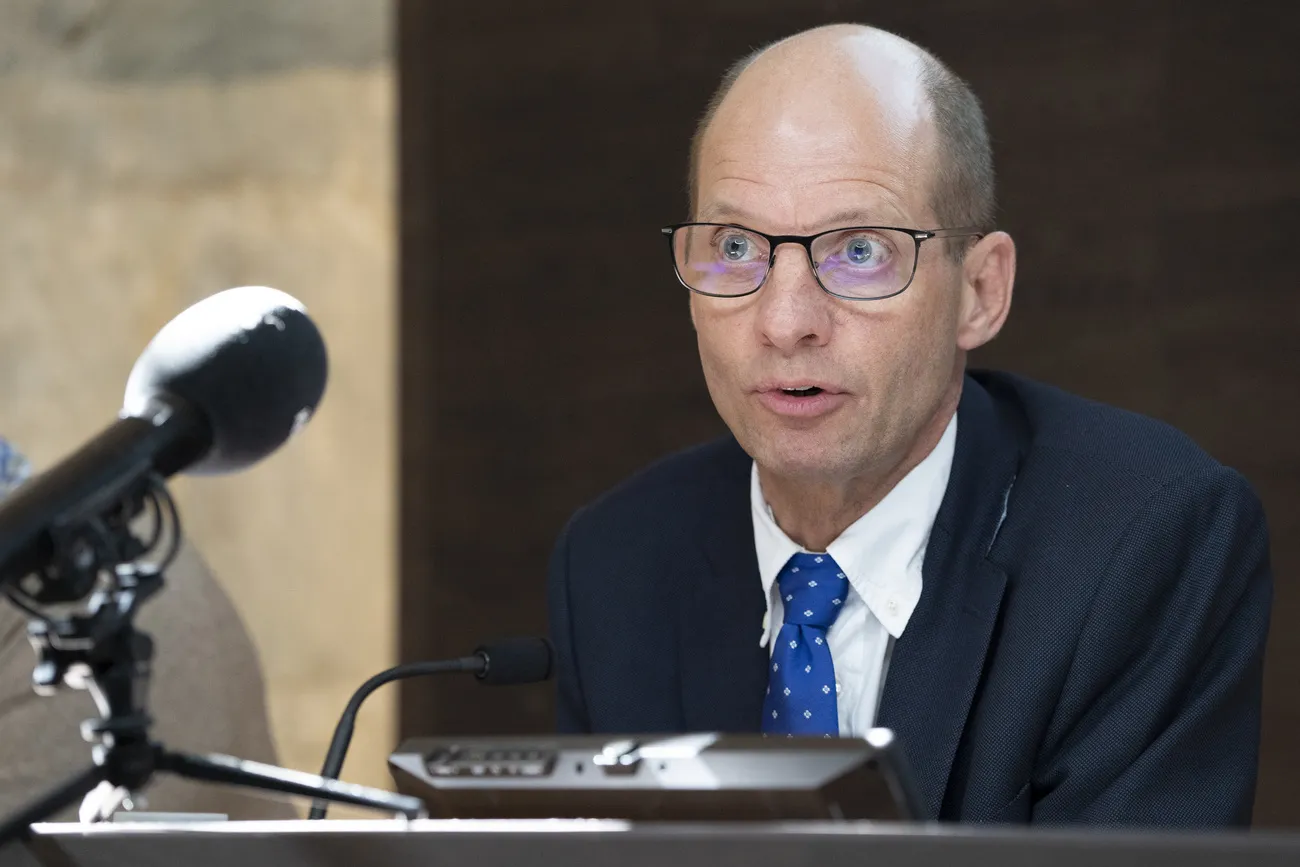
More
Organ donation vote: ‘The right to self-determination is not infringed’
SWI: The legislation also lets relatives veto organ donation if there was no explicit indication by the deceased. Plus, where there is any doubt and where next-of-kin cannot be found, there can be no transplant. Isn’t that enough to guarantee the person’s right to self-determination?
F.B.: I myself just lost my father. So I know what it’s like when someone close to you dies. In these circumstances you are vulnerable and quite likely to agree to something you actually don’t want. With this amendment, families will not be asked if their relative was willing to donate an organ, but only if the person was against it. The basic assumption is that it is a good thing to donate one’s organs, and that this results in some benefit coming out of one’s death. That puts a dreadful pressure on families of the deceased. People in this situation need to be very strong to say no, especially because they may be in a state of shock.
SWI: Almost 75% of the population support organ donation, but the rate of refusal by family members faced with a situation like this is as much as 60%. Won’t presumed consent take the burden off relatives and reduce the problem of frequent refusal when they are asked?
F.B.: There probably are people who support organ donation when they are asked as part of an opinion poll. However, when they are really faced with such a decision, they change their minds. This shows that thinking about these complex questions is very difficult. What’s more, the statementExternal link from the National Advisory Commission on Biomedical Ethics shows that the rate of organ donation doesn’t necessarily increase when you have presumed consent. Some countries have a system like ours, yet they manage to have a higher rate of organ donation.
SWI: But most countries in Western Europe have now adopted the principle of presumed consent and have a higher rate of organ donation than we do. Shouldn’t Switzerland follow their example?
F.B.: No. There are other ways of increasing organ donations. If we keep our present system but do a better job of informing the public, I’m convinced that more people will become donors. There needs to be more explanation to gain public trust, instead of just changing the model and hoping rates improve.
SWI: Last year 1,434 people were on the waiting list for a transplant – 72 of them died. This amendment would save lives, wouldn’t it?
F.B.: About two-thirds of people on the list are waiting for a kidney, which is not a life-and-death matter, since they can keep going with dialysis. What’s more, you can donate a kidney while you are alive. As for other organ transplants, it’s certainly tragic. But to go from there to transforming the whole population into presumed donors is too much of a step for us.
SWI: With the current system, there are people in favour of organ donation who could have been donors but their organs weren’t extracted because they didn’t communicate their willingness. Isn’t it legitimate to do something to avoid that situation?
F.B.: For that, there would need to be less pressure on families. Presumed consent will have the opposite effect. The risk is that relatives will give their approval in an emergency situation and keep wondering for years if they did the right thing.
Translated from French by Terence MacNamee

In compliance with the JTI standards
More: SWI swissinfo.ch certified by the Journalism Trust Initiative









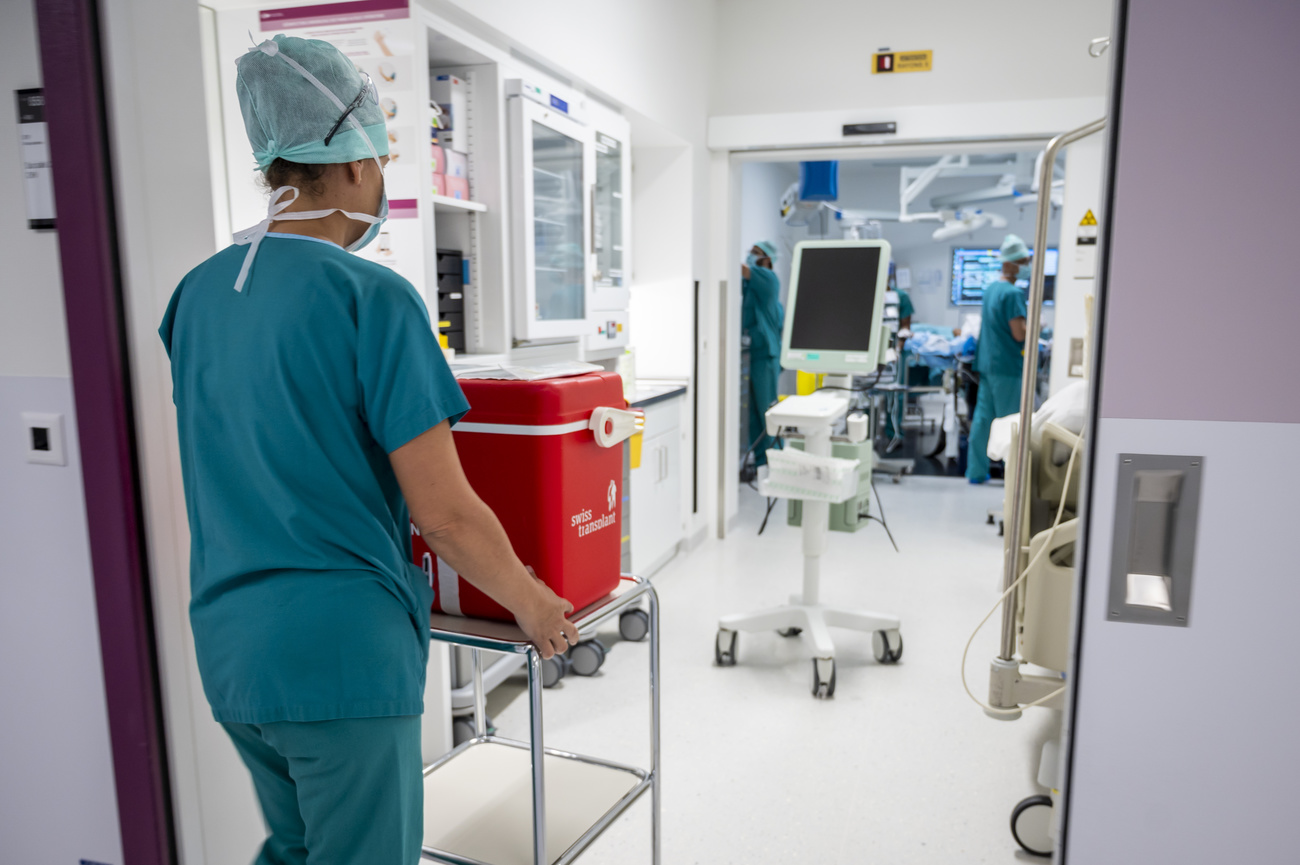

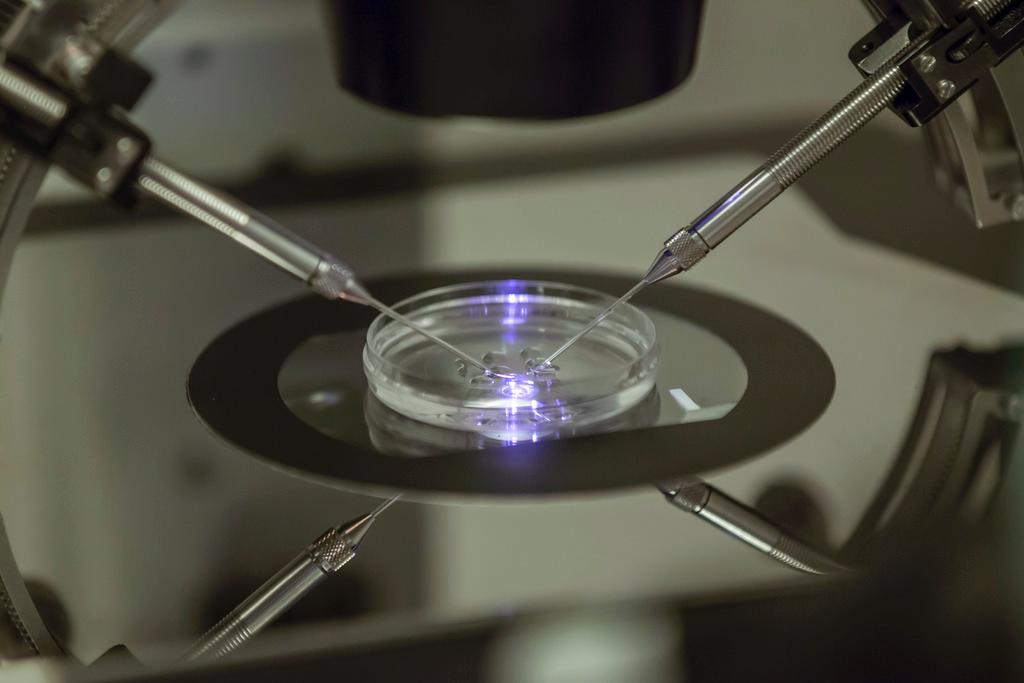

You can find an overview of ongoing debates with our journalists here . Please join us!
If you want to start a conversation about a topic raised in this article or want to report factual errors, email us at english@swissinfo.ch.